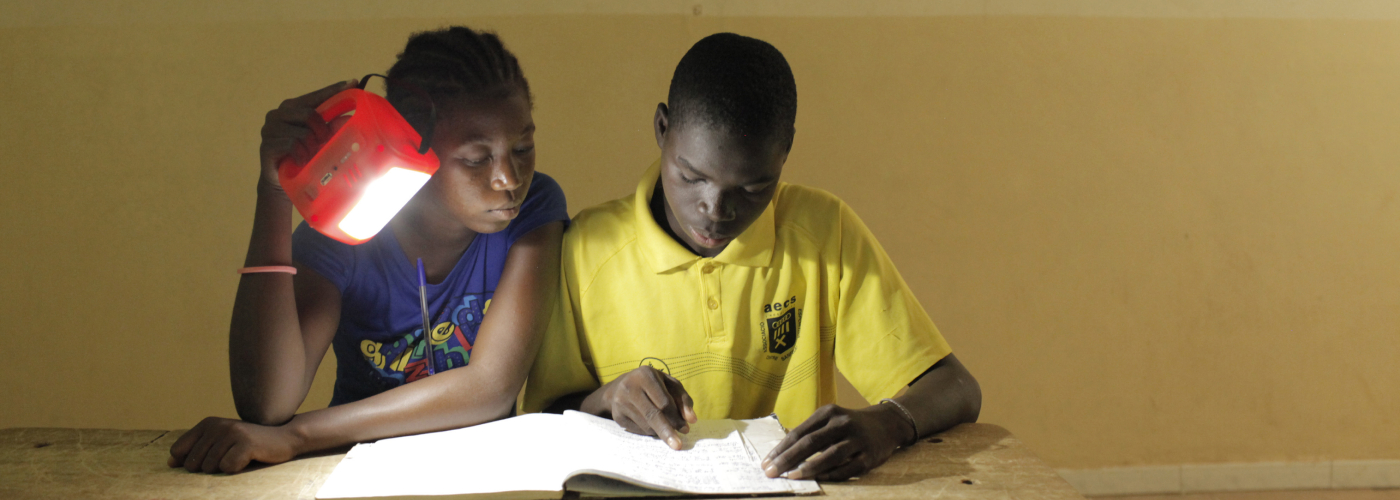As consumers and users of energy, women and girls benefit the most from clean, efficient energy solutions. In rural areas, where access to modern energy sources is lacking, everyday household activities such as cooking and cleaning can be labour and time intensive. The emissions from the use of biomass fuels present many health risks to the users. Sourcing biomass can also present safety issues for women. Clean and efficient energy products help to reduce health and safety risks and time saved on domestic duties, as well as the availability of affordable lighting,
increases the time available for education; employment, income-generating activities, and social and political interactions. Similarly, women’s participation in design, distribution, management and production of sustainable energy solutions, has been recognised as indispensable to realising the sustainable development goals.
The purpose of this study was to understand the extent to which projects funded by EEP have adopted gender-differentiated approaches and the results and challenges in doing so. The report shares the lessons learned from project developers related to planning, implementing, monitoring and reporting gender-related activities and outcomes and recommendations for how projects can maximise the benefits from a gender-differentiated approach.







